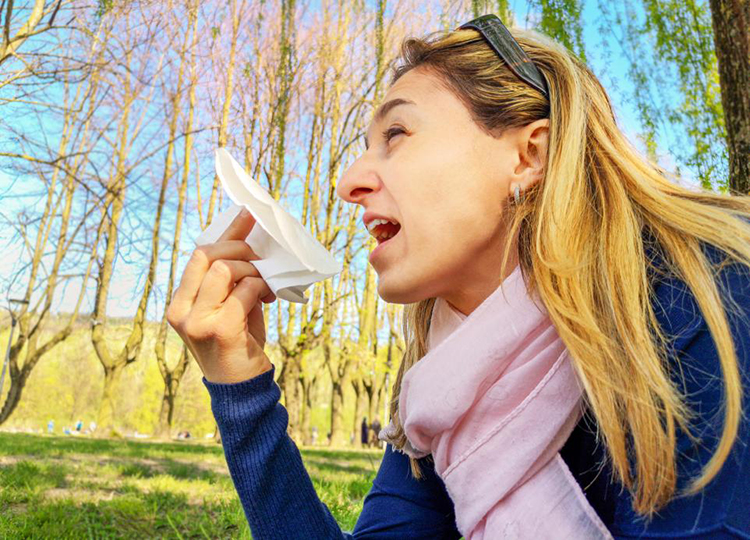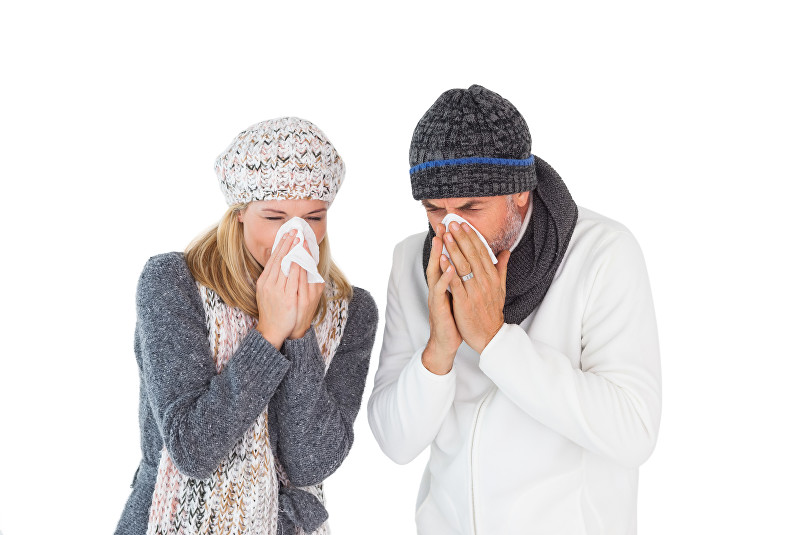Hay fever, also known as seasonal allergic rhinitis, is a common condition that affects millions of people around the world. Hay fever season typically refers to the period of time when the pollen count is high and triggers allergic reactions in people who are sensitive to it.

The timing and severity of hay fever season can vary depending on the location and the types of plants that are growing in the area. In general, hay fever season starts in the spring when trees begin to release pollen into the air. This is followed by the summer months when grasses and weeds release their pollen. Hay fever season typically ends in the fall when the weather turns colder and the pollen count drops.
Typically, hay fever symptoms can include:
Sneezing: People with hay fever may experience frequent bouts of sneezing, often in rapid succession.
Runny or stuffy nose: A runny or stuffy nose is a common symptom of hay fever. The nose may be congested or runny, and it may be difficult to breathe through the nose.
Itchy or watery eyes: Hay fever can cause the eyes to become itchy, red, and watery.
Scratchy throat: Some people with hay fever may experience a scratchy or sore throat.
Fatigue: The body’s immune response to allergens can cause fatigue, making it difficult to concentrate or perform daily tasks.
Headaches: Some people with hay fever may experience headaches due to sinus pressure or congestion.
Cough: A dry cough may be present due to postnasal drip.
Hay fever symptoms can range from mild to severe and can significantly impact a person’s quality of life. It’s important to note that while hay fever can be uncomfortable, it is not usually life-threatening. However, in rare cases, hay fever can trigger asthma attacks or lead to sinus infections.
To manage hay fever symptoms, people can take over-the-counter antihistamines, nasal sprays, and eye drops. They can also avoid going outside during peak pollen times, keep windows closed to prevent pollen from entering the house, and wear a mask while outdoors. In severe cases, a doctor may prescribe stronger medications or allergy shots to help alleviate symptoms.

The effectiveness of hay fever treatment can vary from person to person; However, studies have shown that different options available for the treatment can be effective in reducing symptoms, improving quality of life, and reducing the need for medication in some people.




